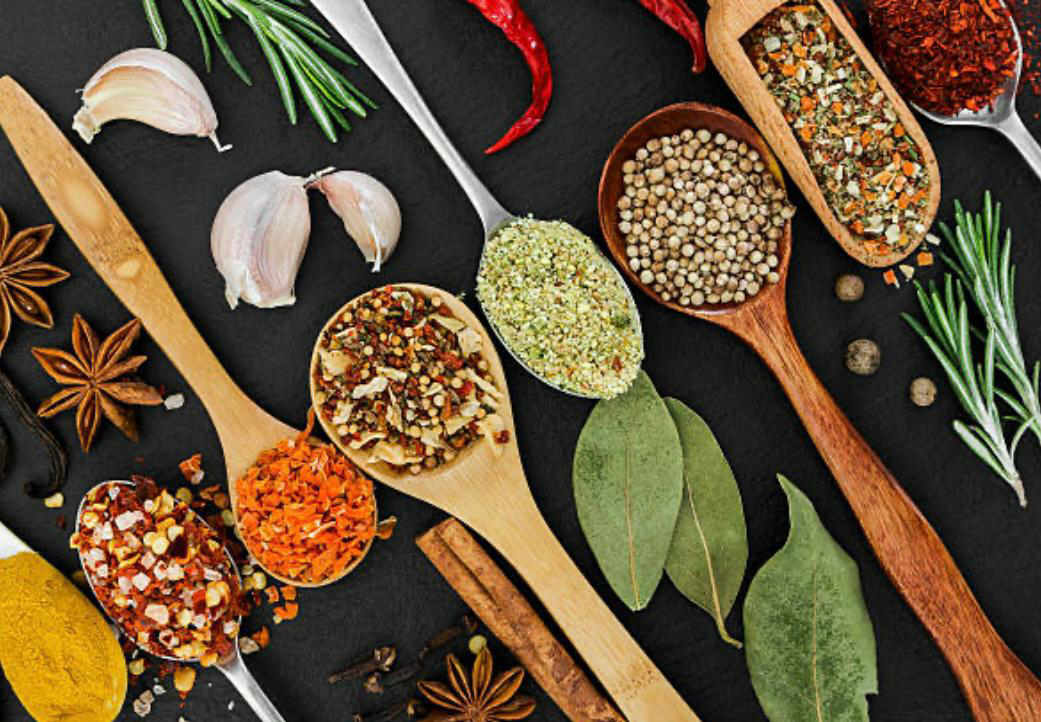According to the World Health Organization (WHO), 121 prescription drugs are derived from plant extracts.
However, about 70% of patients do not disclose their herbal medicine usage to doctors, assuming natural remedies are always safe.
Yet, traditional Chinese herbal medicines (TCHM) often contain potent herbs in high doses, which can pose risks.
Commonly Used Herbs and Their Effects
While herbal remedies have numerous benefits, their adverse effects may result from overdosing, contamination, or improper identification.
They can also interact with other drugs, leading to potential complications.
Ginger (Zingiber officinale)
-
Widely used in Ayurveda, ginger helps with nausea, vomiting, sore throat, motion sickness, and hypoglycemia.
Its active compounds, 6-gingerol and galanolactone, aid digestion and act as antiemetics. Studies show ginger effectively reduces chemotherapy-induced vomiting and post-surgical nausea. Although generally safe, it has mild blood-thinning properties and should be used cautiously with anticoagulants and NSAIDs.
Garlic (Allium sativum)
Historically used as an antibiotic, garlic helps lower blood pressure, cholesterol, and triglycerides while strengthening immunity.
It reduces the risk of cancers such as colon, stomach, and prostate cancer. Garlic's active compound, allicin, possesses anti-inflammatory and antiplatelet properties, which may enhance blood thinners’ effects.
Patients on anticoagulants should avoid garlic before surgery.
Ashwagandha (Withania somnifera)
Known as Indian Ginseng, Ashwagandha is a powerful adaptogen that reduces stress, boosts energy, and enhances endurance.
Ayurveda prescribes it as an anti-aging and aphrodisiac remedy. However, like ginseng, it may cause insomnia, hypertension, and nervousness.
It interacts with anticoagulants, corticosteroids, and hypoglycemic agents, increasing the risk of bleeding and requiring caution before surgery.
Turmeric (Curcuma longa)
Turmeric’s key compound, curcumin, has anti-inflammatory, antioxidant, and anticancer properties. It is traditionally used for wound healing, liver protection, and pain relief. Studies suggest curcumin may benefit Alzheimer's patients by reducing beta-amyloid plaques and has potential in treating cancers like breast, colon, and prostate cancer.
It also aids in liver detoxification and wound healing. While generally safe, high doses may cause mild iron deficiency in some individuals.
Herbal remedies offer significant health benefits but require cautious use, especially when combined with other medications. Proper dosage and medical supervision ensure safety and effectiveness.
Conclusion-
Herbal medicine has played a vital role in healthcare for centuries, offering natural remedies for various ailments. Scientific research continues to validate the therapeutic benefits of herbs like ginger, garlic, ashwagandha, and turmeric. However, the misconception that "natural means safe" can lead to unintended health risks, especially due to overdosing, contamination, or interactions with other medications.
To maximize benefits while minimizing risks, it is essential to use herbal remedies responsibly, under proper guidance. Integrating traditional knowledge with modern scientific research can help unlock the full potential of these natural medicines, ensuring both safety and effectiveness in medical treatments.











0 टिप्पणियाँ